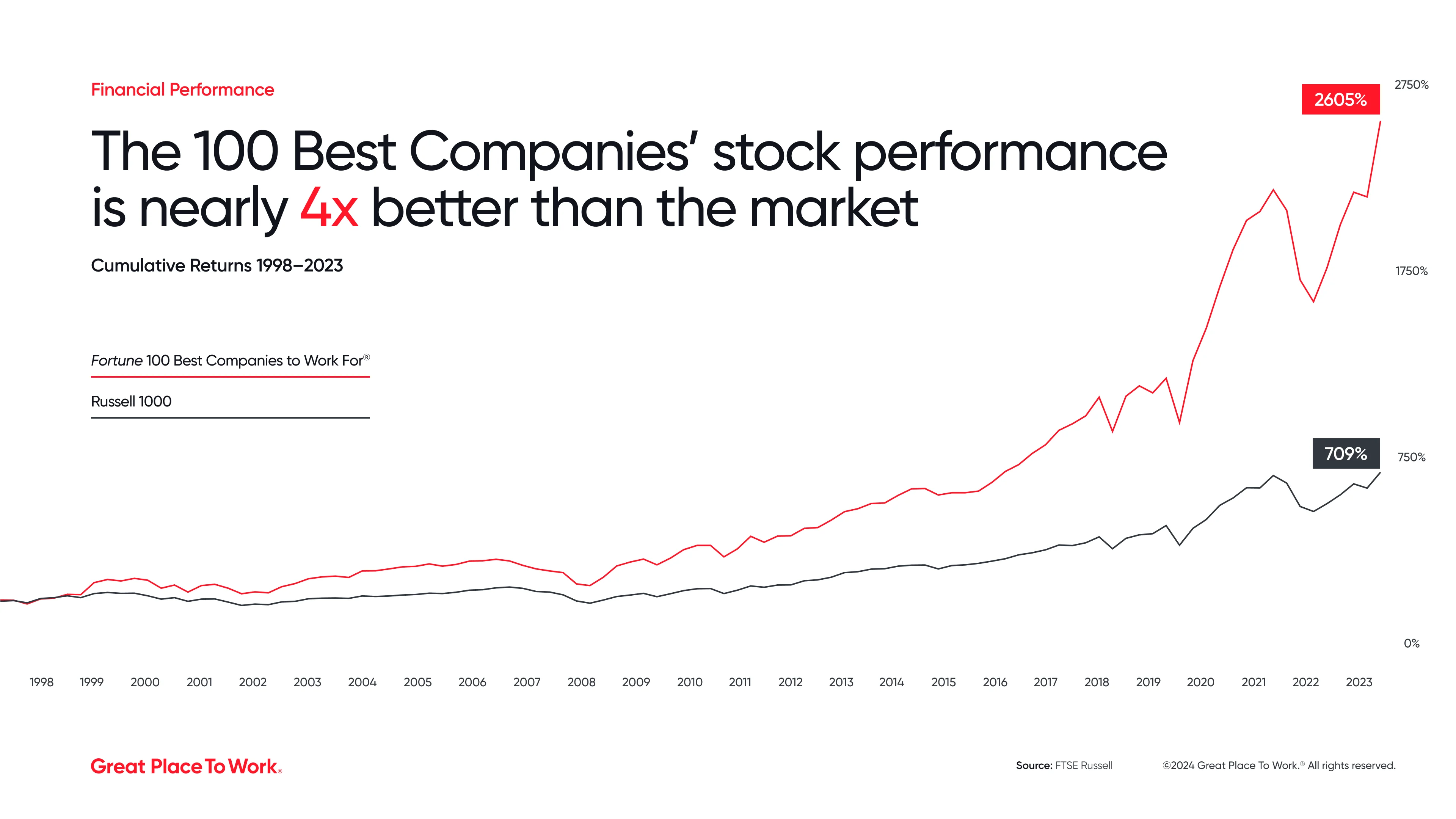Case Journeys
Exploring intriguing stories and insights from around the world.
Stock Market Shenanigans: Where FOMO Meets ROI
Discover how FOMO fuels wild stock market moves and unlocks hidden ROI gems. Dive into the chaos and profit potential today!
Understanding FOMO in Stock Trading: Is It Hurting Your ROI?
FOMO, or the Fear of Missing Out, is a psychological phenomenon that can significantly impact stock trading decisions. Investors often experience FOMO when they observe their peers profiting from rising stocks or trending investment opportunities. This fear can lead traders to make impulsive decisions, entering positions without sufficient analysis or due diligence. According to a study by the Investopedia, this rush can cloud judgment and lead to costly mistakes that ultimately hurt an investor's ROI.
To combat FOMO, investors should develop a clear investment strategy based on thorough research and analysis. Strategies such as setting predetermined buy and sell points can help mitigate the impulse to react emotionally to market trends. Additionally, maintaining a diversified portfolio is crucial, as it can reduce the pressure to chase after every market movement. As noted in an article by Forbes, overcoming FOMO is essential for achieving sustainable returns and maximizing ROI in stock trading.

Top 5 Investment Strategies to Combat Fear of Missing Out
In today's fast-paced financial landscape, the fear of missing out (FOMO) can lead to impulsive investment decisions that may jeopardize one's financial future. To combat this anxiety, here are the Top 5 Investment Strategies that can help you make informed choices while staying calm during market volatility:
- Diversification: Spread your investments across various asset classes to reduce risk. By diversifying, you can ensure that poor performance in one area will not decimate your entire portfolio.
- Dollar-Cost Averaging: This strategy involves investing a fixed amount of money at regular intervals, regardless of market fluctuations. This method reduces the impact of volatility and helps mitigate the emotional stress of market timing.
- Education and Research: Equip yourself with knowledge about market trends, economic factors, and analytical tools. Resources like Investopedia provide in-depth articles and tutorials that can help you understand investing better.
- Setting Clear Goals: Establish concrete financial goals based on your risk tolerance and timeline. This clarity can help you stay focused and prevent rash decisions that stem from FOMO.
- Consulting a Financial Advisor: If the fear of missing out is overwhelming, consider working with a professional. A financial advisor can provide personalized guidance, enabling you to navigate investment opportunities more effectively.
By implementing these strategies, investors can maintain a rational perspective and avoid the pitfalls of impulse investing driven by the fear of missing out. It's crucial to remember that long-term success in the market is less about chasing trends and more about building a solid investment strategy. Focus on what aligns with your financial goals rather than trying to keep pace with market hype.
The Psychology Behind FOMO: How It Impacts Your Stock Market Decisions
The phenomenon known as FOMO (Fear of Missing Out) is a powerful psychological driver that significantly influences investor behavior in the stock market. When individuals perceive that others are profiting from certain investments, it triggers a reactionary impulse to join in, often leading them to make hasty decisions. According to a study by Harvard Business Review, this impulsivity can result in increased volatility and irrational trading patterns. The social media landscape further exacerbates this effect; constant updates and success stories from peers can compel investors to jump into markets without sufficient research, heightening the risk of losses.
Moreover, FOMO impacts not only the timing of trades but also the decision-making process regarding portfolio diversification. Investors may ignore their long-term strategies in favor of trending stocks, driven by a fear of being left behind. A report from Morgan Stanley highlights that this misguided focus can lead to a lack of balance in asset allocation, creating a scenario where portfolios become overly concentrated in volatile investments. Understanding the psychology behind FOMO allows investors to develop awareness and discipline, ultimately empowering them to make more calculated decisions that align with their financial goals.